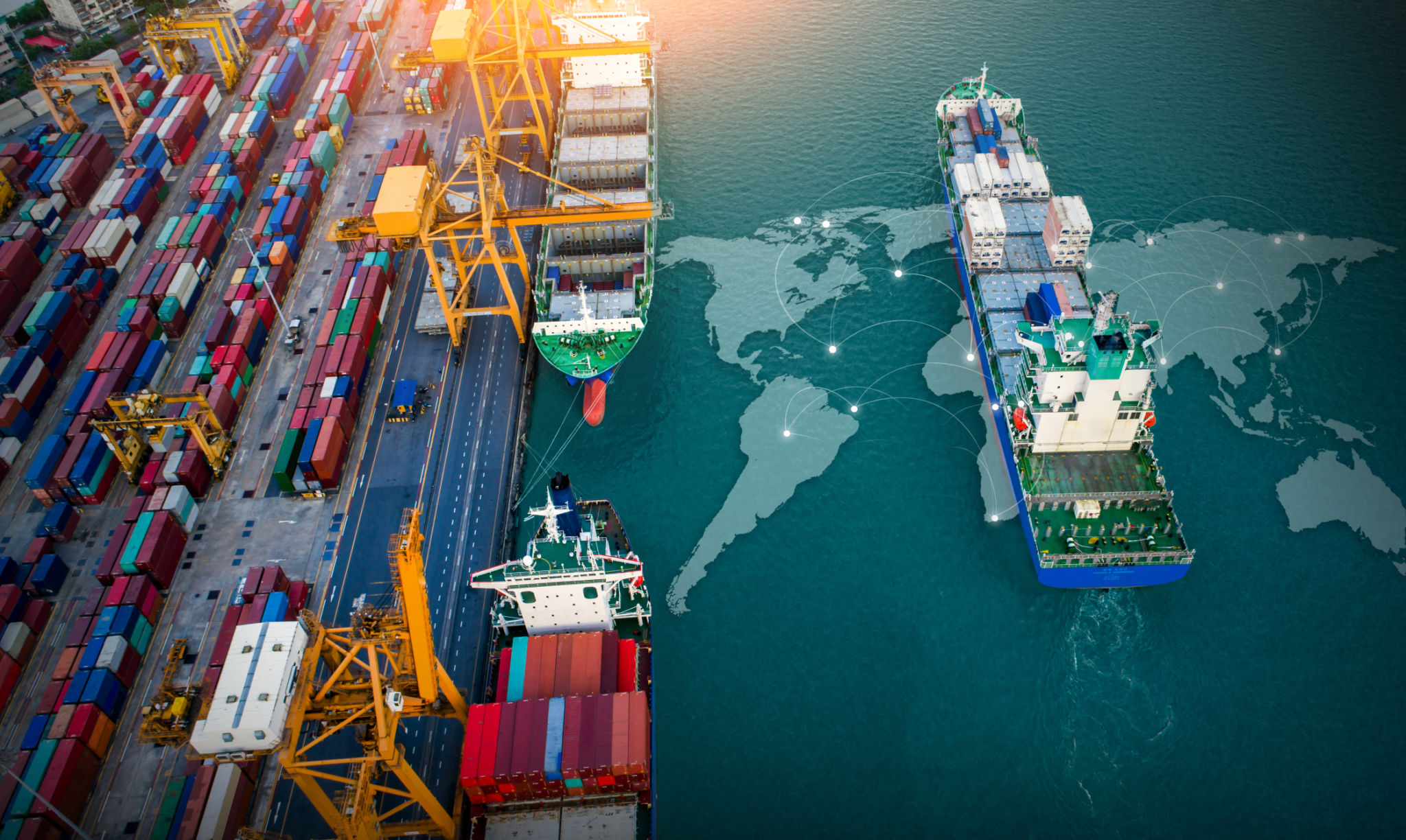How to Navigate Export Regulations in Thailand
Understanding Thai Export Regulations
Thailand, known for its bustling trade and export activities, has a complex set of regulations that businesses need to navigate. Understanding these regulations is crucial for any company looking to export goods from Thailand efficiently and legally. Familiarizing yourself with the country's export laws can save time, reduce costs, and prevent legal issues.

Key Government Agencies
Several government agencies oversee the export process in Thailand. The Department of International Trade Promotion (DITP) and the Thai Customs Department are the primary bodies that regulate exports. These agencies provide necessary documentation, oversee compliance with trade agreements, and ensure that all exports meet international standards.
It's essential to regularly check updates from these agencies, as export regulations can change based on new trade policies or international agreements. Staying informed will help you anticipate changes and adjust your export strategies accordingly.
Required Documentation
Documentation is a vital aspect of the export process. Thai exports require specific documents, including a commercial invoice, packing list, bill of lading, and certificate of origin. Each document plays a role in verifying the legality and origin of the goods being exported.

Obtaining Export Licenses
Certain goods may require an export license before they can be shipped out of Thailand. These include agricultural products, cultural artifacts, and items that fall under restricted categories as per international agreements. It's important to check whether your goods need a special license and ensure all paperwork is completed well in advance.
The process for obtaining licenses can vary based on the type of product and destination country. Consulting with a local export advisor can provide valuable insights and assistance in navigating this complex process.
Customs Procedures
Understanding customs procedures is another critical step in exporting from Thailand. The Thai Customs Department enforces regulations related to tariffs and export duties. It’s crucial to correctly classify your products to determine applicable tariffs and ensure compliance with customs laws.

Tariffs and Duties
Exporters must be aware of the tariffs and duties that apply to their products. Thailand has various free trade agreements (FTAs) with other countries, which can reduce or eliminate tariffs on certain goods. Leveraging these agreements can significantly impact the profitability of your exports.
Calculating duties accurately requires a thorough understanding of the Harmonized System (HS) codes. These codes help classify products systematically for international trade, aiding in the application of accurate tariffs.
Compliance and Best Practices
Maintaining compliance with Thai export regulations involves more than just obtaining the necessary documents and licenses. Regular audits of your export processes can help identify areas for improvement and ensure ongoing compliance with regulations.

Adopting best practices such as regular training for staff involved in export operations, investing in reliable logistics partners, and maintaining open communication with regulatory agencies can streamline the export process. These strategies not only enhance efficiency but also safeguard your business against potential legal issues.
In conclusion, successfully navigating export regulations in Thailand requires a comprehensive understanding of governmental requirements, thorough documentation, and adherence to customs procedures. Staying informed and proactive in compliance efforts is key to thriving in Thailand's vibrant export market.